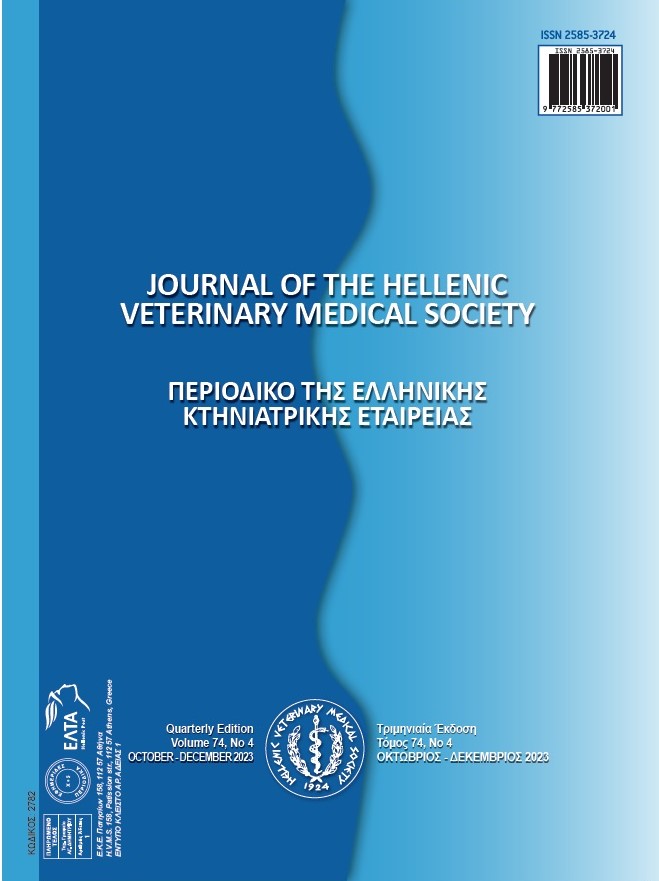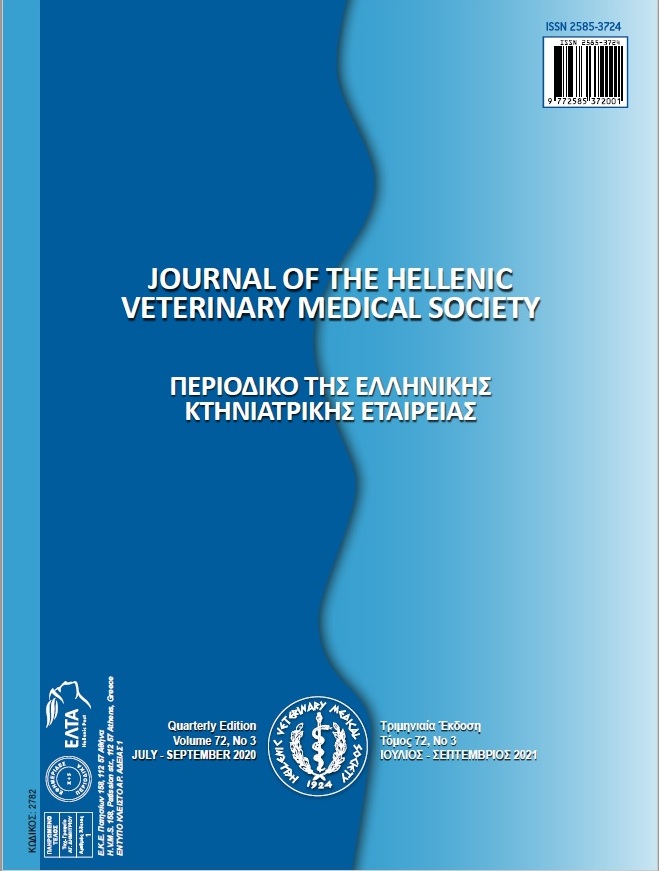Effect of alpelisib, a selective phosphatidylinositol-3-kinase inhibitor, on seizure development in a rat pentylenetetrazole model

Abstract
Epilepsy is a neurological disease that results from an abnormality in the brain's activity. Phosphatidylinositol-3-kinase (PI3K) signaling pathway has played a crucial role in epilepsy pathogenesis. Alpelisib (ALP) is a selective inhibitor of PI3K. We examined the ability of ALP to treat pentylenetetrazole (PTZ)-induced convulsions in a rat model. Male Wistar rats (200-250 g, 8 weeks old) were injected intraperitoneally (IP) with ALP at different doses of 15 and 30 mg/kg, or vehicle 30 min prior to PTZ (70 mg/kg, IP) treatment. Racine's scale was used to assess behavioral seizures. The results showed that pretreatment with ALP decreased the seizure stages according to the Racine scale, significantly prolonged the duration of general tonic-clonic seizure (GTCS) and reduced the number of myoclonic jerks (P < 0.05). In conclusion, based on results it was shown that PI3K antagonist ALP inhibited PTZ-induced seizure by inhibiting the PI3K signaling pathway via ALP.
Article Details
- Zitationsvorschlag
-
Rostamkhani, A., Mirazi, N., & Hosseini, A. (2024). Effect of alpelisib, a selective phosphatidylinositol-3-kinase inhibitor, on seizure development in a rat pentylenetetrazole model. Journal of the Hellenic Veterinary Medical Society, 74(4), 6473–6480. https://doi.org/10.12681/jhvms.31037
- Ausgabe
- Bd. 74 Nr. 4 (2023)
- Rubrik
- Research Articles

Dieses Werk steht unter der Lizenz Creative Commons Namensnennung - Nicht-kommerziell 4.0 International.
Authors who publish with this journal agree to the following terms:
· Authors retain copyright and grant the journal right of first publication with the work simultaneously licensed under a Creative Commons Attribution Non-Commercial License that allows others to share the work with an acknowledgement of the work's authorship and initial publication in this journal.
· Authors are able to enter into separate, additional contractual arrangements for the non-exclusive distribution of the journal's published version of the work (e.g. post it to an institutional repository or publish it in a book), with an acknowledgement of its initial publication in this journal.
· Authors are permitted and encouraged to post their work online (preferably in institutional repositories or on their website) prior to and during the submission process, as it can lead to productive exchanges, as well as earlier and greater citation of published work.



